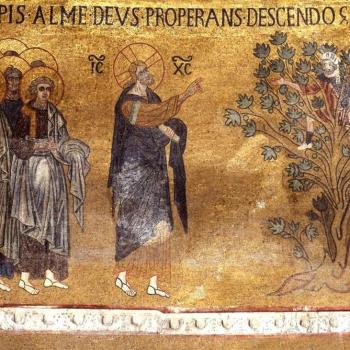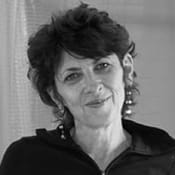Toward the end of the day, I was invited to participate in a Mass that another of the attending priests held in his hotel room. We were twelve or so, standing, or sitting on the bed, or propped up on the floor. Very simple. Very short. The reading was Matthew 5:20-26, which begins: "Jesus said to his disciples: 'I tell you, unless your righteousness surpasses that of the scribes and Pharisees, you will not enter into the Kingdom of heaven.'"
The priest gave a very short homily. "The true follower of Christ," he said, "is never defined by his or her stance on an issue. The test is never 'I'm against abortion and therefore I'm a Christian.' It's never 'I'm for peace and therefore I'm a Christian.' The litmus test of a follower of Christ is whether you love your enemy and forgive the murderer."
Love your enemy and forgive the murderer.
Beyond all the books, all the rosaries, all the Masses, all the lectures: Love your enemy and forgive the murderer. So simple, yet so deeply, subversively radical; so simple, yet so infinitely, paradoxically complex; so simple, yet so seemingly impossible. The source of all the hunger, all the longing, all the desperate desire for connection that drives some of us to write, and that drives some to lash out at what we write.
This is what is ours to proclaim. This is the paradox we are called to live: the "lion of Judah," who turned out to be a wounded lamb.





